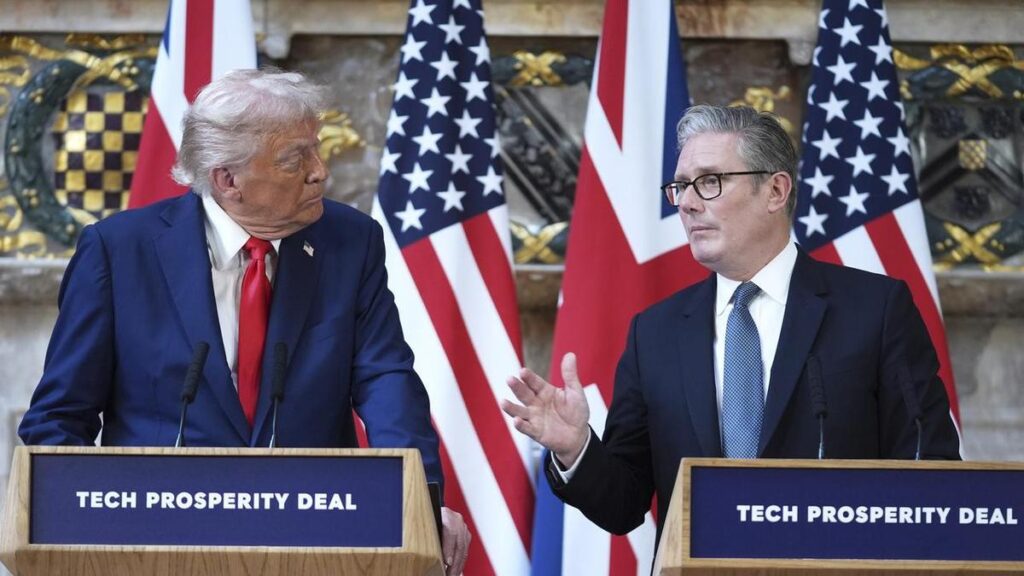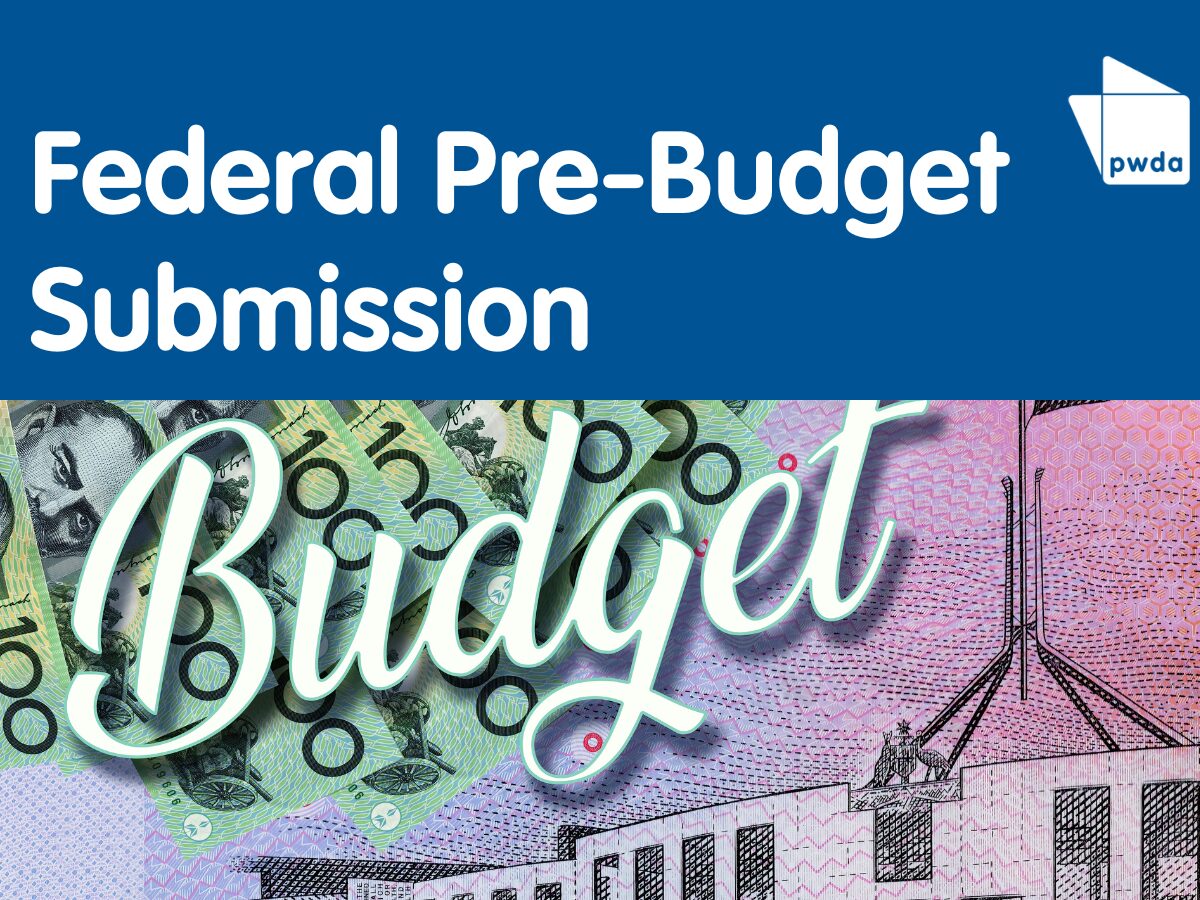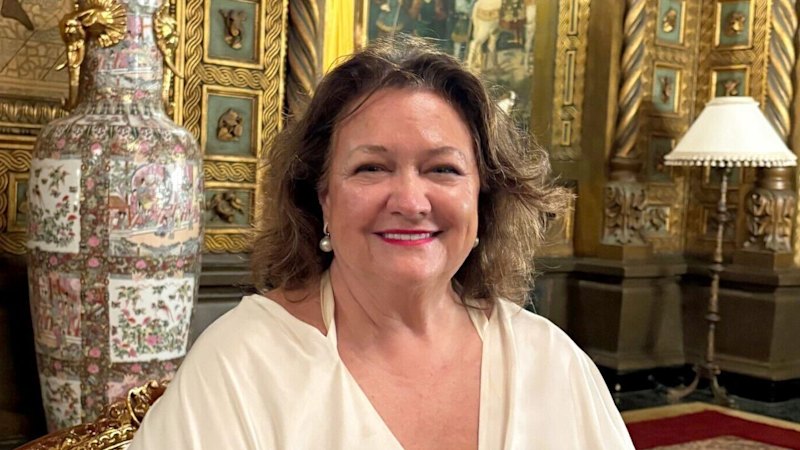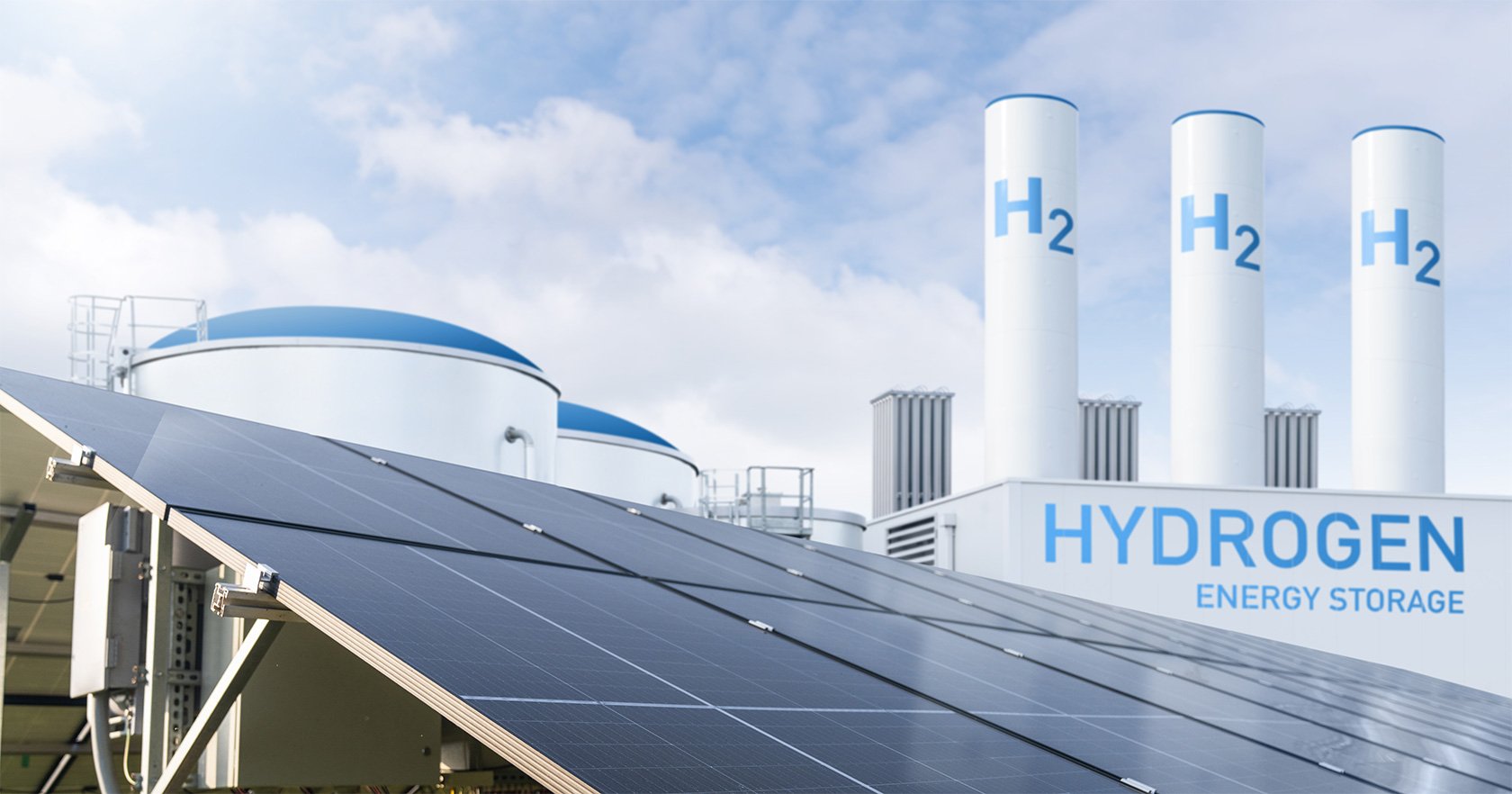
US President Donald Trump and UK Prime Minister Keir Starmer have publicly reaffirmed the “special relationship” between their countries during a press conference concluding Trump’s historic second state visit to the United Kingdom. The leaders emphasized unity, managing to sidestep contentious issues such as the ongoing conflict in the Gaza Strip and energy policies, while focusing on new economic opportunities.
Investment Plans Highlight Partnership
During their two-day engagement, Trump called the visit an “exquisite honour,” reflecting a relaxed demeanor at their final press conference. Starmer, on the other hand, maintained a strategic focus on presenting a united front. Notably, the two leaders announced an ambitious £150 billion (approximately $309 billion) investment package from the United States into the UK, part of a larger £250 billion initiative aimed at boosting both nations’ economies.
“We’ve renewed the special relationship for a new era,” Starmer stated, highlighting the potential for these deals to create jobs and stimulate growth. Trump’s remarks echoed this sentiment, declaring, “The ties between our countries are priceless.” He acknowledged Starmer’s strength in negotiating the first tariff deal with the US, though the UK continues to seek reductions in US steel tariffs.
Starmer’s promotion of the UK as an attractive destination for US investment aligns with key sectors, including financial services, technology, and energy. He spotlighted significant agreements with major companies, including pledges of £31 billion from Microsoft, Nvidia, and OpenAI, alongside £100 billion from Blackstone.
Addressing Diverging Foreign Policy Views
Despite the positive economic discussions, differences in foreign policy emerged as a notable theme. Starmer and other European leaders are urging Trump to exert more pressure on Russian President Vladimir Putin regarding the conflict in Ukraine. While Trump criticized Putin, he did not advocate for additional sanctions, expressing frustration that some European nations continue purchasing Russian oil.
On the topic of Palestine, Trump reiterated his opposition to countries recognizing Palestine, a stance that contrasts with Starmer’s position. The UK Prime Minister has stated that recognition will follow if Israel fails to alleviate suffering in Gaza and achieve a ceasefire with Hamas, which has been in conflict for nearly two years.
As the press conference concluded, Starmer appeared visibly relieved as he escorted Trump out of Chequers, marking the end of a significant diplomatic visit before the President returns to Washington, D.C. The relationship between the United States and the United Kingdom seems poised for a new chapter, one that emphasizes collaboration in both economic and political arenas.






